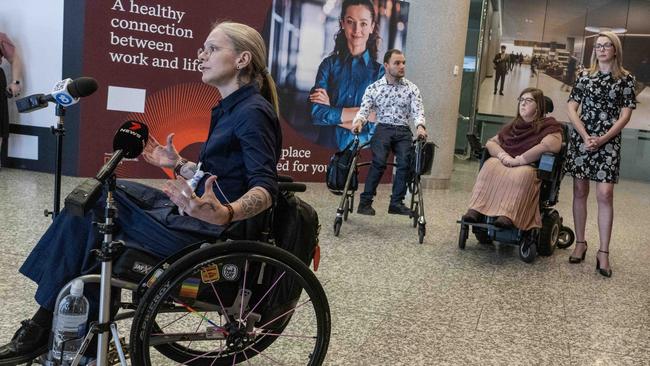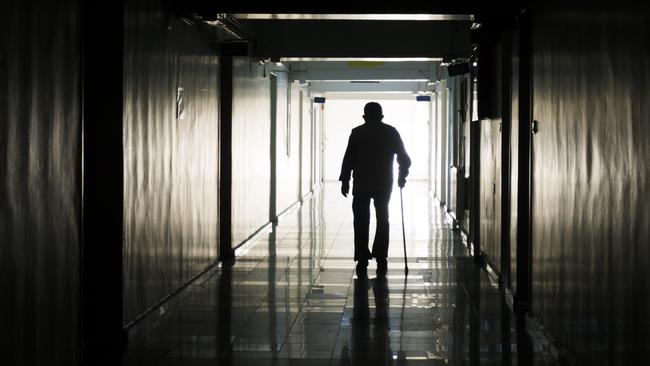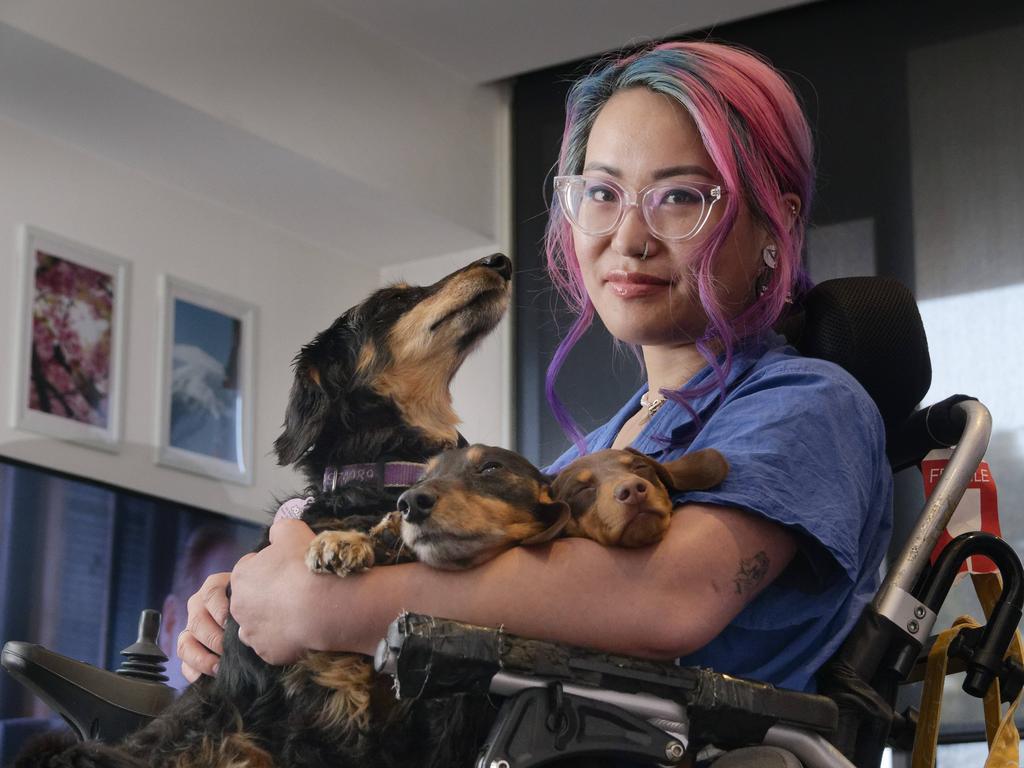Disability royal commission: Overhaul of group homes ‘a priority’
Some disability royal commissioners believe group homes should be phased out entirely in 15 years due to exploitation and abuse.

Group homes for people with disability should be phased out within 15 years due to possible exposure to violence and abuse, some of the disability royal commissioners have recommended.
While all the commissioners agree major improvements are needed in the “practices” of group homes – and some people with disability may wish to remain living in them – commissioners Barbara Bennett, Rhonda Galbally, Andrea Mason and Alastair McEwin urged federal and state governments to scrap them by 2048.
“We four commissioners have concluded the limitations group homes place on the lives of people with disability, and the deprivations and exposure to harm that can be experienced in these settings, are an infringement of fundamental human rights,” they said, adding the group home model “segregates people with disability on the basis of disability” and will never realise their rights.
Group homes, which have five or more residents, should be phased out entirely in the next 15 years using a grandfathering approach so nobody would have to leave a group home in their lifetime, the four commissioners said.
Further, new homes should cease to be constructed within the next two years and resident placement in group homes should stop within five years.
“People with disability in group homes can experience various forms of violence, abuse, neglect and exploitation,” the report states. “Current practices in group homes can fail to keep people with disability safe and empowered to exercise choice and control.”
All the commissioners “strongly” supported the expansion of alternative housing options, noting evidence residents with disability have been financially exploited and sexually abused.
The report references statistics from the NDIS Quality and Safeguards Commission, which examined nearly 7000 reportable incidents and complaints related to seven of the country’s biggest Supported Independent Living providers between 2018 and 2022
They included accounts of serious injury, neglect, unlawful sexual contact and 324 incidents “involving the death of a person”.
Commissioner John Ryan agreed group homes should be phased out, but within a “generational time frame”. Chair Ronald Sackville said it was likely fewer people would naturally choose to live in group homes but they should remain available.
As well, the report notes residents with disability who live in group homes are “unlikely” to be entitled to the protections tenants have under state and territory legislation because they are likely to be classified as “boarders”.

The commissioners recommend NDIS participant funding models be overhauled, in particular to ensure administrative requirements don’t favour group home living over other models of inclusive housing.
Other key recommendations say state and territory governments must increase supply of accessible housing for people with disability by immediately adopting building codes for all new dwellings, and auditing existing crisis housing such as domestic violence shelters.
A number of recommendations focus on boosting support for people living in group homes who want to transition out of them and live individually, including access to an individual transition plan.
The report states governments should commit to a policy of “no leaving into homelessness” and nominate a lead agency to transition people with disability from hospitals or mental health services directly into housing.
According to Anglicare, less than 0.1 per cent of rental properties in the private market are affordable to people with disability on the disability support pension.








To join the conversation, please log in. Don't have an account? Register
Join the conversation, you are commenting as Logout